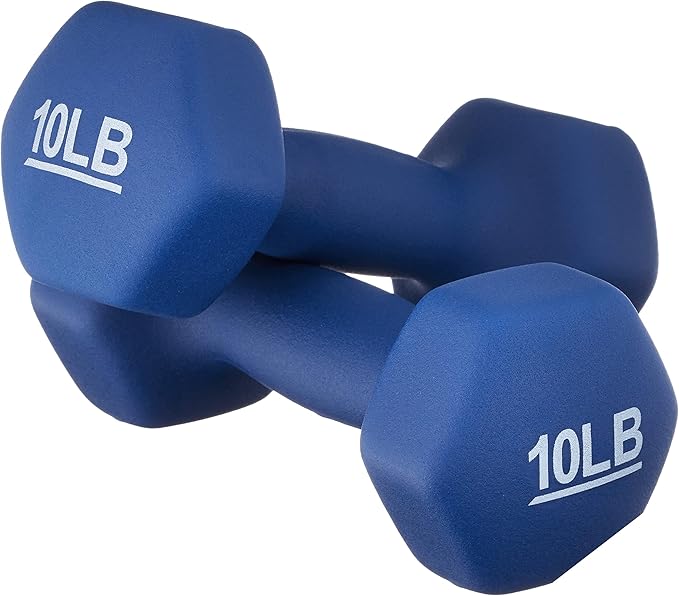TDEE Calculator
Calculate your Total Daily Energy Expenditure (TDEE) to determine exactly how many calories you need to maintain, lose, or gain weight based on your activity level and goals.
Enter Your Details
About TDEE
TDEE (Total Daily Energy Expenditure) is the total number of calories your body burns in a day.
BMR (Basal Metabolic Rate) is the calories your body needs at rest for basic functions.
Activity Multiplier: TDEE = BMR × Activity Level Multiplier
Weight Loss: Consume 500 calories less than your TDEE for ~0.5kg/week loss.
Weight Gain: Consume 300 calories more than your TDEE for muscle building.
Nutrition Tools
Essential tools to help you meet your TDEE and nutrition goals
What is TDEE?
Total Daily Energy Expenditure (TDEE) is the total number of calories your body burns in a day, including all activities and bodily functions. It's the foundation for any weight management plan.
The TDEE Formula
TDEE = BMR × Activity Multiplier
Activity Levels
- Sedentary:1.2 (little to no exercise)
- Lightly Active:1.375 (light exercise 1-3 days/week)
- Moderately Active:1.55 (moderate exercise 3-5 days/week)
- Very Active:1.725 (hard exercise 6-7 days/week)
- Extremely Active:1.9 (very hard exercise, physical job)
Why Calculate TDEE?
- •Determine your daily calorie needs
- •Plan weight loss or gain strategies
- •Optimize your nutrition plan
- •Track progress more effectively
Frequently Asked Questions About TDEE
What is TDEE and why is it important?
TDEE (Total Daily Energy Expenditure) is the total number of calories your body burns in a day, including all activities and bodily functions. It's crucial for weight management because it tells you exactly how many calories you need to maintain, lose, or gain weight. Understanding your TDEE is the foundation of any successful nutrition plan.
How do I calculate my TDEE?
TDEE is calculated by multiplying your BMR (Basal Metabolic Rate) by an activity multiplier. The formula is: TDEE = BMR × Activity Multiplier. Your BMR is calculated using the Mifflin-St Jeor equation, and the activity multiplier ranges from 1.2 (sedentary) to 1.9 (extremely active). Our free TDEE calculator does this calculation automatically for you.
What are the different activity levels?
- Sedentary (1.2): Little to no exercise, desk job
- Lightly Active (1.375): Light exercise 1-3 days/week
- Moderately Active (1.55): Moderate exercise 3-5 days/week
- Very Active (1.725): Hard exercise 6-7 days/week
- Extremely Active (1.9): Very hard exercise, physical job
How many calories should I eat to lose weight?
To lose weight, consume 500 calories less than your TDEE for approximately 0.5kg (1 pound) of weight loss per week. For example, if your TDEE is 2,000 calories, eat 1,500 calories daily for weight loss. It's important to not go below 1,200 calories for women or 1,500 calories for men to ensure adequate nutrition.
How many calories should I eat to gain weight?
To gain weight (preferably muscle), consume 300-500 calories more than your TDEE. For example, if your TDEE is 2,000 calories, eat 2,300-2,500 calories daily. Combine this with strength training to ensure the weight gain is primarily muscle mass rather than fat.
How accurate is the TDEE calculator?
Our TDEE calculator uses the scientifically validated Mifflin-St Jeor equation, which is considered one of the most accurate BMR formulas. However, individual variations in metabolism, body composition, and activity levels mean your actual TDEE might differ by 5-10%. Use the calculator as a starting point and adjust based on your results over time.
How often should I recalculate my TDEE?
Recalculate your TDEE whenever your weight changes significantly (5+ kg), your activity level changes, or every 2-3 months to ensure accuracy. As you lose weight, your BMR decreases, so your TDEE will also decrease. This is why weight loss often plateaus and why you need to adjust your calorie intake accordingly.



